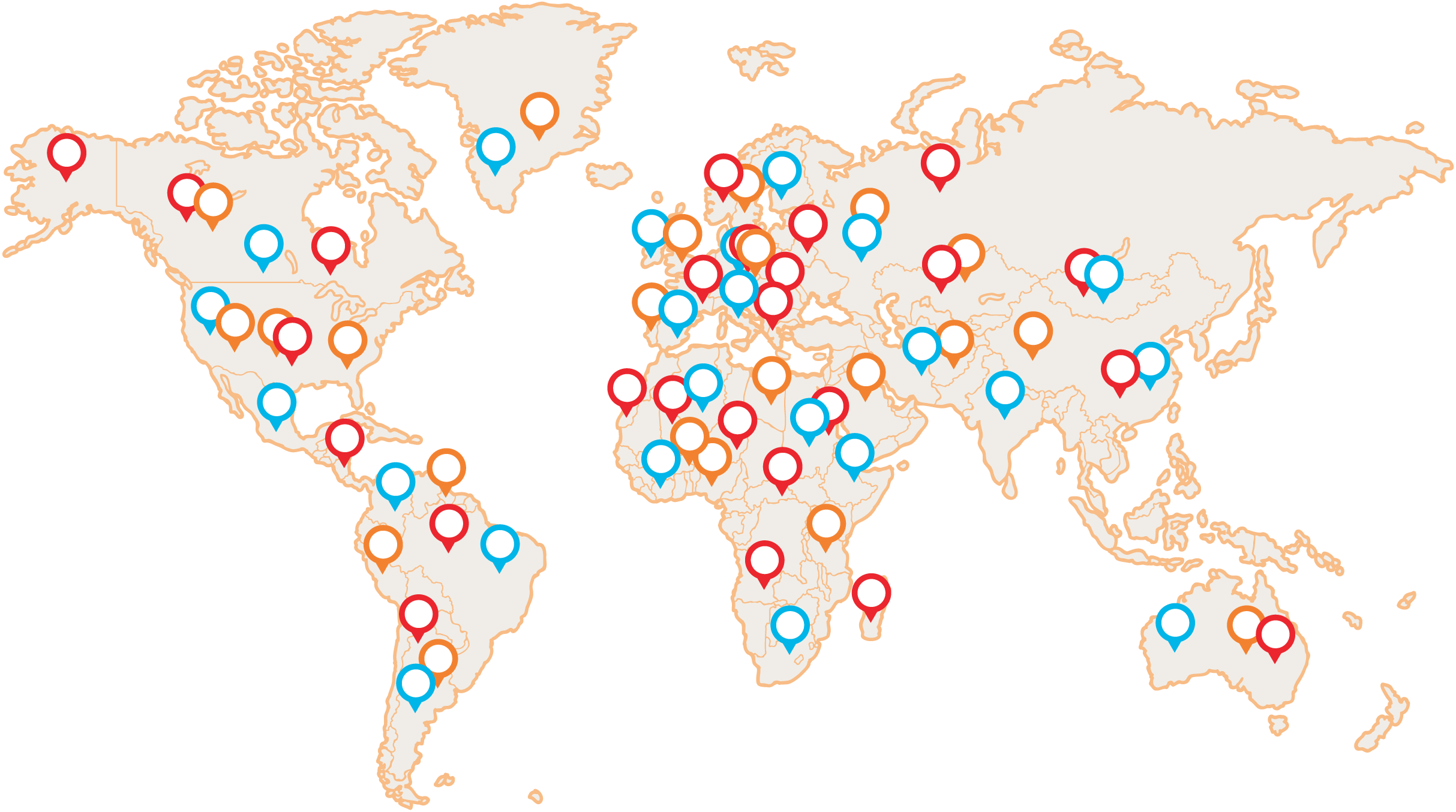Categories: gynecology, psyche, nerves, insomnia, fatigue, system Liver, system Heart.
Use of the recipe according to traditional Chinese medicine:
-Nourishes Yin Heart
-supports the Qi Heart
-softens and cleanses the Liver
-calms the spirit of Shen
Description:
One of the oldest blends for the treatment of psychological disorders, from the famous Zhang Zhong-Jing, from his Basic Recipes from the Golden Box, r. 220 A.D. It originally contained only three herbs - liquorice, wheat and jujube and was intended to treat hysteria, primarily affecting the emperor-heart and his spirit Shen. In our version, it has been expanded to also affect the Liver - softening it (i.e. replenishing its nourishment - Yin) and making it softer, thus calming its spirit - Hun. The ginger in the blend also helps us to perceive reality better. In this form, the blend treats the two main problems resulting from a "restless spirit": emotional instability (depressive tuning, anxiety, excessive ruminating and "worrying", unreasonable weepiness and rapid mood swings) and sleep difficulties, which tend to be very restless. In addition, the mind tends to be 'clouded', there may be self-talk and/or nonsensical speech, and excessive dreaming at night. Physical symptoms include sweating, palpitations and yawning.
It is the wheat, which has astringent effects and has the largest proportion in the mixture, that can bring into the body that which "escapes" - Yin and stops the sweating. In the same way, it helps to bring back the "escaping" Shen and Hun, also because, together with other herbs, it can nourish the Qi, the Yin, and cool the heat from the lack of it.The mixture has two main uses today, for which Giovanni Maciocia, the icon and the Nestor of today's traditional Chinese medicine, also called it the "magic formula":
-calming unpleasant emotions in premenstrual syndrome or difficulties around menopause
-night cries and scares in babies
It is balanced, harmonious and safe, just like the ladies and offspring who take it.
Prof. Maciocia said of this blend, Gan Mai Da Zao Tang, is prescribed in a variety of modifications for various conditions. The prevailing opinion at present is that it is a prescription for conditions of Yin Heart deficiency, Spleen deficiency and Liver Qi stagnation. The original text states that it is a recipe for Zang Zao, which literally translates to "visceral agitation".
The prescription of this recipe for Liver Qi stagnation is usually justified by quoting from Chapter 22 of Su Wen's Book of Simple Questions (part of the Yellow Emperor's Inner Canon), which states that sweet taste calms the Liver (as part of the reverse cycle of mutual control of the five elements). And the Gan Mai Da Zao Tang decoction is inherently very sweet. I personally find this explanation not very convincing, as I think it reflects the tendency of modern Chinese medicine to over-emphasize Liver Qi stagnation.
I myself use this recipe primarily for images of Qi, Blood or Yin deficiency (but not Yang deficiency).
This is a very interesting recipe, especially for its profound effect on mental health, even though it is made up of only three herbs with seemingly mild effects, two of which are both food and herbs, black dates, licorice and wheat husk.
I find this recipe very useful in cases where the patient not only suffers from depression and anxiety, but also mental confusion, and might be said to be absent in spirit. Often this state can be brought about by past excessive marijuana use.
I use this recipe in cases where the aforementioned mental-emotional symptoms occur against a background of a lack of Spleen, Heart and Lung Qi and a lack of Blood at the Heart level.
The recipe can also be beneficial in the treatment of attention deficit hyperactivity disorder in children.
Indications:
-tearfulness
-inability to control one's emotions
-restless sleep
-night sweats
-heart palpitations
-depression, sadness
-lack of joy
-melancholy
-confusion, self-talk
-memory problems
-fatigue
-frequent yawning
-lack of appetite
Modern effects:
-psychological imbalances within premenstrual syndrome (PMS)
-premenopausal disorders
-infant night cries and scares
Language:
-normal or thinner
-can be reddish
-with a dry coating
Pulse:
-xi (fine)
-indicated xian (tense)
Contraindications:
-mixture contains wheat
-mixture is therefore not suitable for people with celiac disease or gluten intolerance
Notes:
The blend is similar in action to An Shen Ding Zhi Wan, but contains "heavy products" and herbs to replenish the blood. Thus, it "grounds" better, while Gan Mai Da Zao Pian replenishes Qi better and stops sweating. So if you are gluten intolerant, reach for it.
Recipe Ingredients:
|
Edited by
|
Chinese
|
Czech
|
Latin
|
|
Zhi
|
Gan Cao
|
licorice, root
|
Rad. glycyrrhizae
|
|
|
Fu Xiao Mai
|
wheat, seed
|
Sem tritici levis
|
|
|
Da Zao
|
Chinese jujube, fruit
|
Fruc. jujubae
|
|
|
Yu Jin
|
Turmeric, spherical rhizome
|
Rhiz. curcumae
|
|
Zhi
|
Yuan Zhi
|
polygal, root
|
Rad. polygalae tenuifoliae
|
 Vital mushrooms PRO (17)
Vital mushrooms PRO (17) MyTao Edition (14)
MyTao Edition (14) Vital Mushroom Extracts (25)
Vital Mushroom Extracts (25) Combination of mushrooms and herbs (18)
Combination of mushrooms and herbs (18) Traditional recipes (5)
Traditional recipes (5) BIO vital mushrooms powder (9)
BIO vital mushrooms powder (9) Syrups (12)
Syrups (12) Dried vital mushrooms (6)
Dried vital mushrooms (6) Honey products (5)
Honey products (5) Vitamins (4)
Vitamins (4) BIO green food (2)
BIO green food (2) Other (3)
Other (3)

